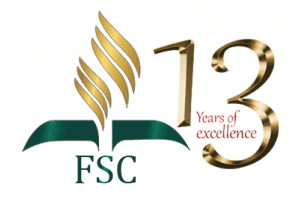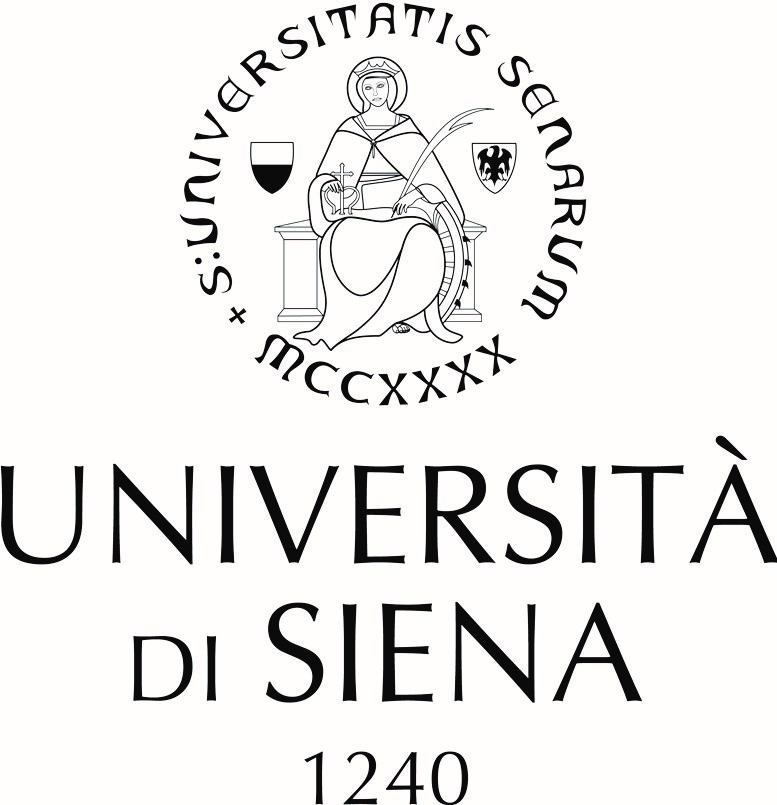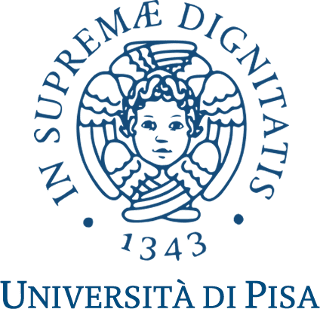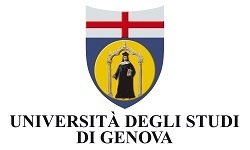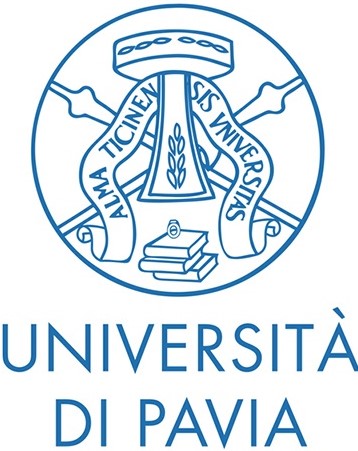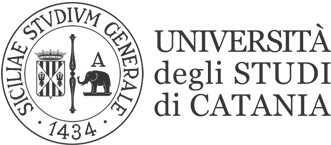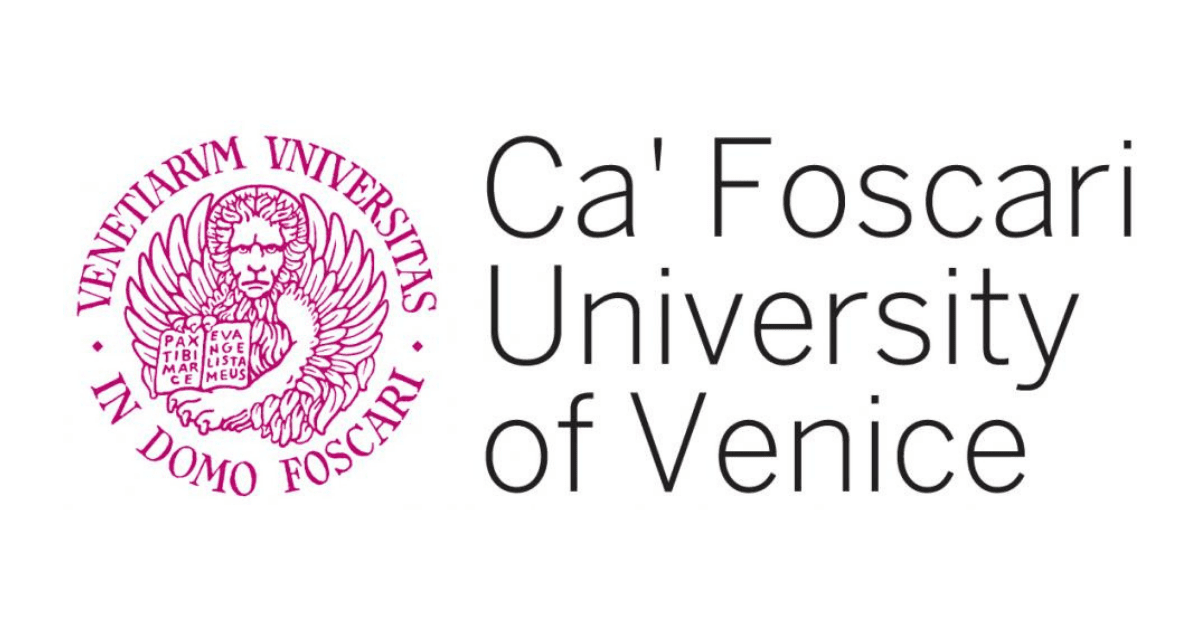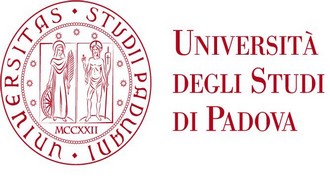Study in Portugal
Location and Geography
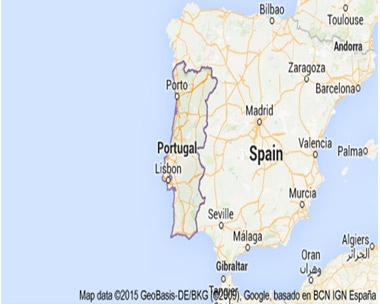
Portugal is a coastal nation in southwestern Europe, located at the western end of the Iberian Peninsula, bordering Spain (on its northern and eastern frontiers: a total of 1,214 kilometres (754 mi)). Portuguese territory also includes a series of archipelagoes in the Atlantic Ocean (the Azores and Madeira), which are strategic islands along western sea approaches to the Strait of Gibraltarand the Mediterranean Sea. In total, the country occupies an area of 92,090 square kilometres (35,560 sq mi) of which 91,470 square kilometres (35,320 sq mi) is land and 620 square kilometres (240 sq mi) water.[1]
Despite these definitions, Portugal’s border with Spain remains an unresolved territorial dispute between the two countries. Portugal does not recognise the border between Caia and Cuncos River deltas, since the beginning of the 1801 occupation ofOlivenza by Spain. This territory, though under de facto Spanish occupation, remains a de jure part of Portugal, consequently no border is henceforth recognised in this area.
Climate
Portugal has a temperate maritime climate with hot summers and wet winters, affected by the Atlantic, Continental and Mediterranean influences. The climate also varies according to the altitude and proximity to the ocean.
History and Population
An early Celtic tribe, the Lusitanians, are believed to have been the first inhabitants of Portugal. The Roman Empire conquered the region in about 140 BC Toward the end of the Roman Empire, the Visigoths had invaded the entire Iberian Peninsula.
Portugal won its independence from Moorish Spain in 1143. King John I (1385–1433) unified his country at the expense of the Castilians and the Moors of Morocco. The expansion of Portugal was brilliantly coordinated by John’s son, Prince Henry the Navigator. In 1488, Bartolomeu Dias reached the Cape of Good Hope, proving that Asia was accessible by sea. In 1498, Vasco da Gama reached the west coast of India. By the middle of the 16th century, the Portuguese empire extended to West and East Africa, Brazil, Persia, Indochina, and the Malayan peninsula.
In 1581, Philip II of Spain invaded Portugal and held it for 60 years, precipitating a catastrophic decline in Portuguese commerce. Courageous and shrewd explorers, the Portuguese proved to be inefficient and corrupt colonizers. By the time the Portuguese monarchy was restored in 1640, Dutch, English, and French competitors had begun to seize the lion’s share of the world’s colonies and commerce. Portugal retained Angola and Mozambique in Africa, and Brazil (until 1822).
During 2015 Portugal population is estimated to be increased by 22 434 people and reach 10 604 294 in the beginning of 2016. The number of deaths will exceed the number of live births by 9 100, so the natural increase is expected to be negative. If external migration will remain on the previous year level, the population will be increased by 31 534 due to the migration reasons. It means that amount of people who moves into Portugal (to which they are not native) in order to settle there as permanent residents (immigrants) will prevail over the amount of people who leaves the country to settle permanently in another country (emigrants).
Society and Culture
The Portuguese culture is expressed in a variety of regional ways in music, dance, food and lore. However, there is national nostalgia expressed in fado , which is considered the national song and the way the Portuguese best express their feelings of saudade, a word evocative of longing or things lost (Music of Portugal, 2004). The Portuguese have a long history, which is celebrated with a national holiday, the Day of Portugal, Camões and the Communities (Dia de Portugal, Camões e das Communicates) on June 10 every year and all over the world. The Portuguese, in Portugal, regard soccer (Portuguesesoccer.com, 2004) as the national sport and in some areas of the country bullfights (Valera-Lema, 1996) are The CFA Society Portugal serves its members by providing a regional forum for the discussion of investments, economics and finance. The organization promotes high standards of expertise and conduct among investment managers and analysts.
The difficulties experienced by immigrant students indicate that cross-cultural differences in cognition are most probably related to learning practices characteristics of different cultures…These differences can be observed not only between cultures but also within a given culture.
The cultures selected for this project are associated with Brazil, Cambodia, Portugal, Azores and Madeira, and the island of Puerto Rico because they reflect the cultural background of most students in the Lowell Public Schools in Massachusetts.
The concept of culture and cultural variations is of paramount importance in understanding CLD students and their performance in school. The notion of culture has been compared to an iceberg with a visible component above the water and an invisible one below the water line
Economy
Portugal was admitted to the European Economic Community (now European Union) on Jan. 1, 1986, and on Feb. 16, Mario Soares became the country’s first civilian president in 60 years. Aníbal Cavaço Silva, an advocate of free-market economics and the Social Democratic candidate, had been elected as prime minister in 1985, signaling a more politically stable era. General elections in Oct. 1995 went to the Socialist Party, which fell just short of an absolute majority in the assembly. Lisbon mayor Jorge Sampaio, a Socialist, won the race for president in Jan. 1996. Portugal’s Socialist government continued to take advantage of rosy economic conditions in 1997, and in 1999, Portugal became a founding member of the European Economic and Monetary Union (EMU).
Portugal gave up its last colony, Macao , on Dec. 20, 1999, turning the small Asian seaport over to China.
In 2002, center-right Social Democrat leader José Manuel Durão Barroso became prime minister. In the summer of 2003, more than a thousand people died during an unprecedented heat wave that caused fires to ravage Portugal’s forests. Prime Minister Barroso resigned in July 2004 to become president of the European Commission. Pedro Santana Lopes, the new leader of the Social Democrats, succeeded him as prime minister. In Feb. 2005 elections, the Socialist Party won 45% of the vote, and José Sócrates became prime minister.
Government
The President, elected to a 5-year term by direct, universal suffrage, is also commander-in-chief of the armed forces. Presidential powers include appointing the Prime Minister and Council of Ministers, in which the President must be guided by the assembly election results; dismissing the Prime Minister; dissolving the assembly to call early elections; vetoing legislation, which may be overridden by the assembly; and declaring a state of war or siege.
The Council of State, a presidential advisory body, is composed by:`{`1`}`
The president, according to the election results, names the party that shall form a government, whose leader is appointed Prime Minister. The Prime Minister names the Council of Ministers, and the ministers name their Secretaries of State A new government is required to define the broad outline of its policy in a program and present it to the assembly for a mandatory period of debate. Failure of the assembly to reject the program by a majority of deputies confirms the government in office.
The Socialist Party, under the leadership of António Guterres, came to power following the October 1995 legislative elections. The Socialists later won a new mandate by winning exactly half the parliamentary seats in the October 1999 election, and constituting then the XIV Constitutional Government. Socialist Jorge Sampaio won the February 1996 presidential elections with nearly 54% of the vote. Sampaio’s election marked the first time since the 1974 revolution that a single party held the prime ministership, the presidency, and a plurality of the municipalities. Local elections were held in December 1997.
Prime Minister Guterres continued the privatization and modernization policies begun by his predecessor, Aníbal Cavaco Silva of the Social Democratic Party. Guterres was a vigorous proponent of the effort to include Portugal in the first round of countries to collaborate and put into effect the euro in 1999. In international relations, Guterres pursued strong ties with the United States and greater Portuguese integration with the European Union while continuing to raise Portugal’s profile through an activist foreign policy. One of his first decisions as Prime Minister was to send 900 troops to participate in the IFOR peacekeeping mission in Bosnia. Portugal later contributed 320 troops to SFOR, the follow-up Bosnia operation. Portugal also contributed aircraft and personnel to NATO’s Operation Allied Force in Kosovo.
The XV Constitutional Government was led by José Manuel Durão Barroso, leader of the Social Democratic Party in coalition with the People’s Party, whose leader, Paulo Portas, became Minister of Defence.
After José Manuel Durão Barroso accepted the invitation to be the next European Commission President, a new government had to be formed. Though opposition parties called for general elections, the President Jorge Sampaio nominated Pedro Santana Lopes, the new Social Democratic Party leader, as Prime Minister, who thus formed a new government, in coalition with the People’s Party. However, in December 2004, due to several controversies involving the government, the President dissolved the parliament and called for early elections. Santana Lopes resigned after the announcement of the President’s decision.
In the elections of February 20, the Socialist Party obtained its largest victory ever, achieving an absolute majority for the first time in the party’s history. Prime Minister José Sócrates was sworn in by President Jorge Sampaio on March 12. To many’s surprise, Sócrates formed a cabinet made up of roughly half senior members of the Socialist Party and half independents, notably including Diogo Freitas do Amaral, founder of the right wing People’s Party, who assumed office as Ministry of Foreign Affairs (he later resigned due to personal issues). Sócrates was re-elected in 2009 but lost the majority he had. The 2010 European debt crisis led Portugal to ask for a bailout from the IMF and the European Union. This situation led to the resignation of José Sócrates as Prime Minister and the President dissolved the parliament and called forearly elections.
Living Conditions and Cost of Living
Studying in Portugal means having contact with top-notch degree programmes and the world’s third most-spoken European language. It is also the linguistic gateway to Africaand Brazil, as pointed out by the Universidade de
Aveiro (see photo). There are four Portuguese universities on The Times Higher Education Ranking of the best 400 institutions: Aveiroand Porto rank 301st and 350th, respectively, and Coimbraand Lisbon‘s Nova are placed 351st and 400th.
The cost of living in Portugal is also attractive, as the Universidade de Lisboa likes to point out to prospective students. Martina and Ingrid agree, having lived in Coimbra and Lisbon on less than €600 a month. Ingrid adds that she rented a shared flat for €400 a month right in the centre of Lisbon. A room can range between €250 and €300 euros a month. Jan-Jakob says he spent more, around €800 a month, but he admits he “did a lot of travelling to get to know continental Portugal and Madeira”.
The 50% concession in public transports for higher education students under the age of 23 (which can be requested at DGES) means a €35 monthly Lisbon Metro card will cost only €17,5. “Good coffee between €0.50 and €0.80 is my luxury”, says Martina, for whom travelling is too expensive. Students are given good discounts atmuseums and historic buildings, often in the 50% off range. Sunday mornings and bank holidays are a good time to visit public museums, since admittance is free until 2pm. Even in Lisbon, students can find a €5 or €6 meal in a small restaurant. Universidade do Porto estimates that a student will spend between €150 and €220 a month on lodgings in the northern city and adds some indicative prices: a litre of milk costs about €0.60 and a cinema ticket (for students) €4.
Education System
Higher Education at a Polytechnic College or University is organized in two levels: undergraduate, graduate and post graduate. The transfer of credit from college to university is allowed.
Grading
The grading system is qualitative for the Pre-School (Pre-Escola) and First Cycle (Primeiro Ciclo) levels. Students are graded with satisfactory, indicating grade level performance, and non-satisfactory, indicating the need for improvement. Students at the Second Cycle are graded on a scale 1-5 (passing grade is 3) and in the Third Cycle, and Higher Education levels are assessed on a quantitative numerical grading system of 0-20. The passing grade is 10.
School Financing
Public education is free for the first three Cycles. Higher education is not free, but the tuition (propinas) is minimal. School is not financed by local property taxes.
Information Specific to International Students
The number of foreign students choosing to study in Portugal is rapidly increasing. Still, most students originate from Portuguese speaking countries, many of which are former Portuguese colonies. The top four countries of origin are Angola, Cape Verde, Brazil and Mozambique. A small number of English-speaking postgraduate programs in Portuguese schools aim to attract a greater number of non-Portuguese speaking students.
Portugal is very active in the ERASMUS exchange program as both a send and host country.
Visa Requirements
Foreign students from within the EU are not required to have a visa for entry into Portugal. For longer periods of study, EU students may have to show proof of having sufficient funds to support themselves during their stay. Most non-EU nationalities need a visa if they plan to stay in Portugal for longer than 90 days. Students receive more exact information from their nearest Portuguese embassy. Visas cost up to 170 Euro and can take up to 2-3 months to be issued. Students need the following to apply for a student visa for study in Portugal:
Valid passport expiring no earlier than three months after returning home and with at least one blank visa page

